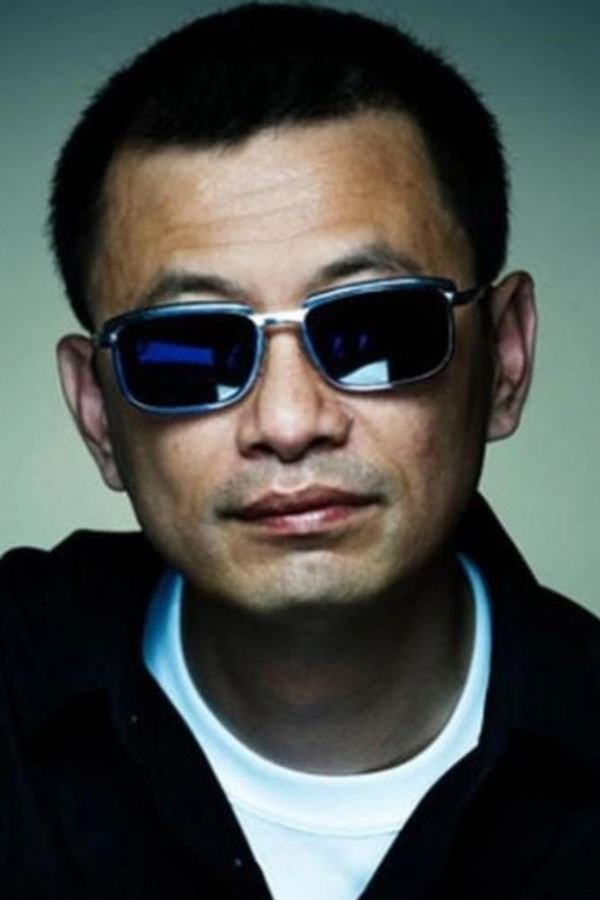
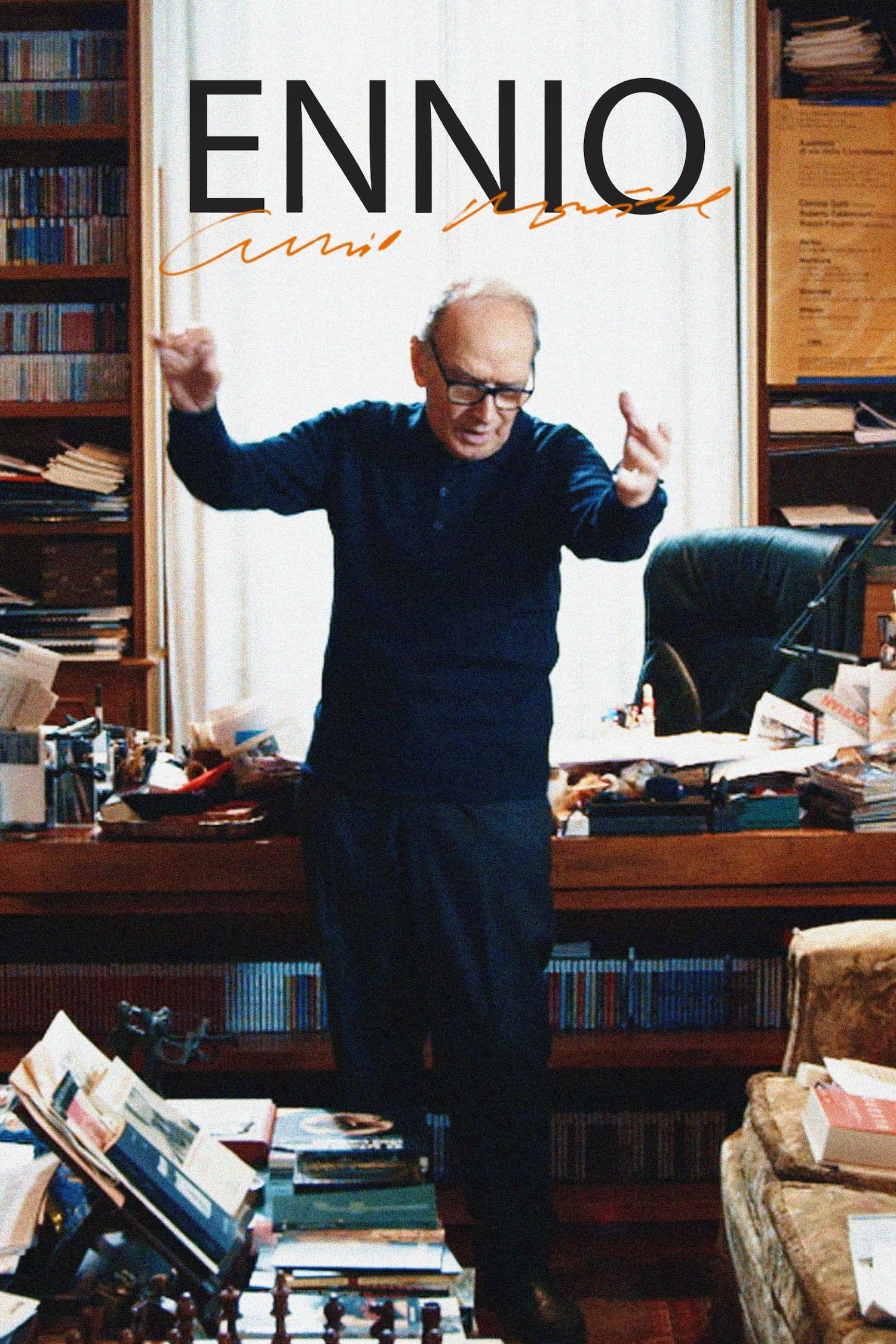
A portrait of Ennio Morricone, the most popular and prolific film composer of the 20th century, the one most loved by the international public, a two-time Oscar winner and the author of over five hundred unforgettable scores.
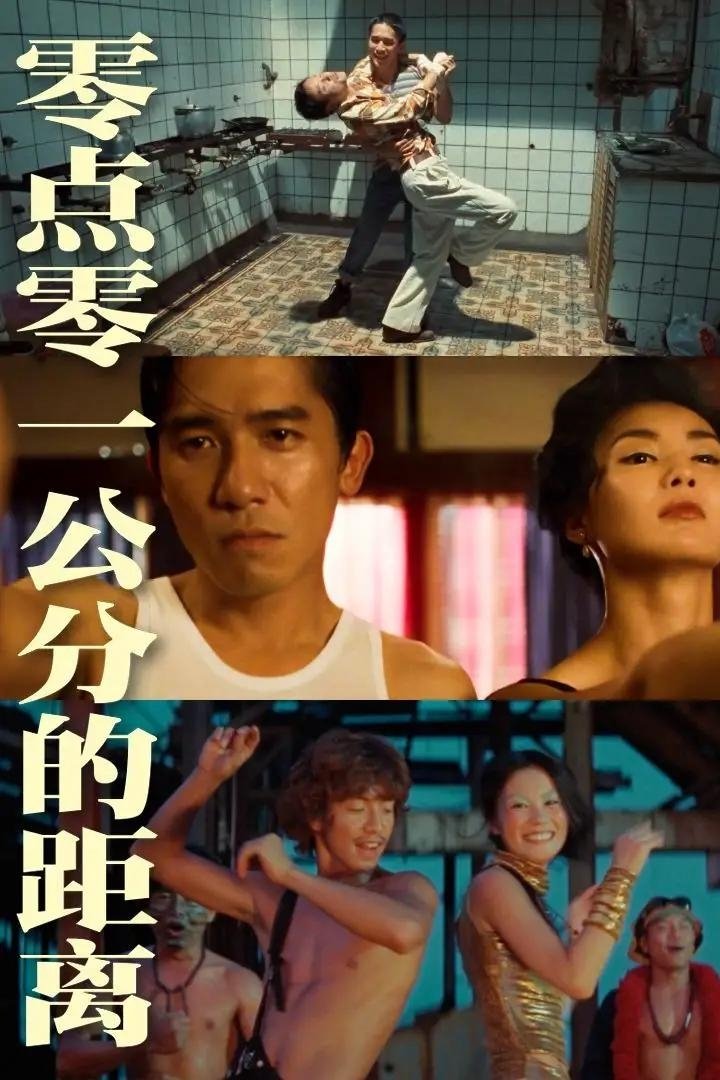
Tracing the beginnings of Jet Tone Films, which was founded in 1991 by Wong Kar Wai for the production of Ashes of Time (1994), the film features never-before-seen materials, including deleted scenes, behind-the-scene footage, and selected narration by Wong Kar Wai.
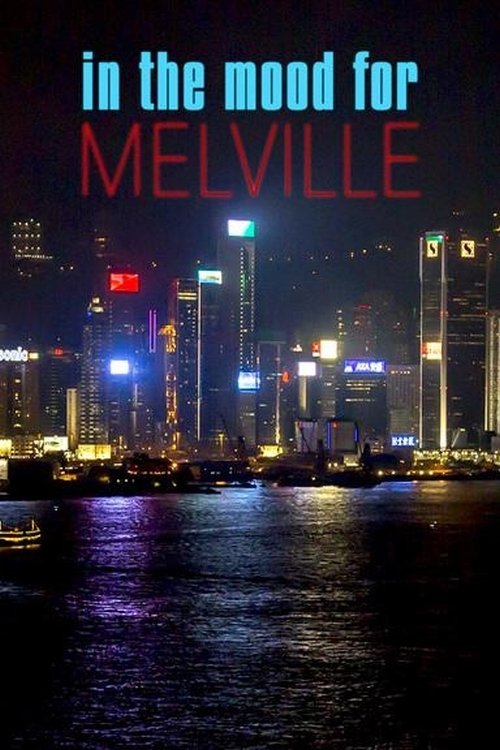
Various directors and film critics discuss Jean-Pierre Melville’s importance and influence in the world of cinema.

Chronicles the creation of The Metropolitan Museum of Art's most attended fashion exhibition in history, "China: Through The Looking Glass," an exploration of Chinese-inspired Western fashions by Costume Institute curator Andrew Bolton.
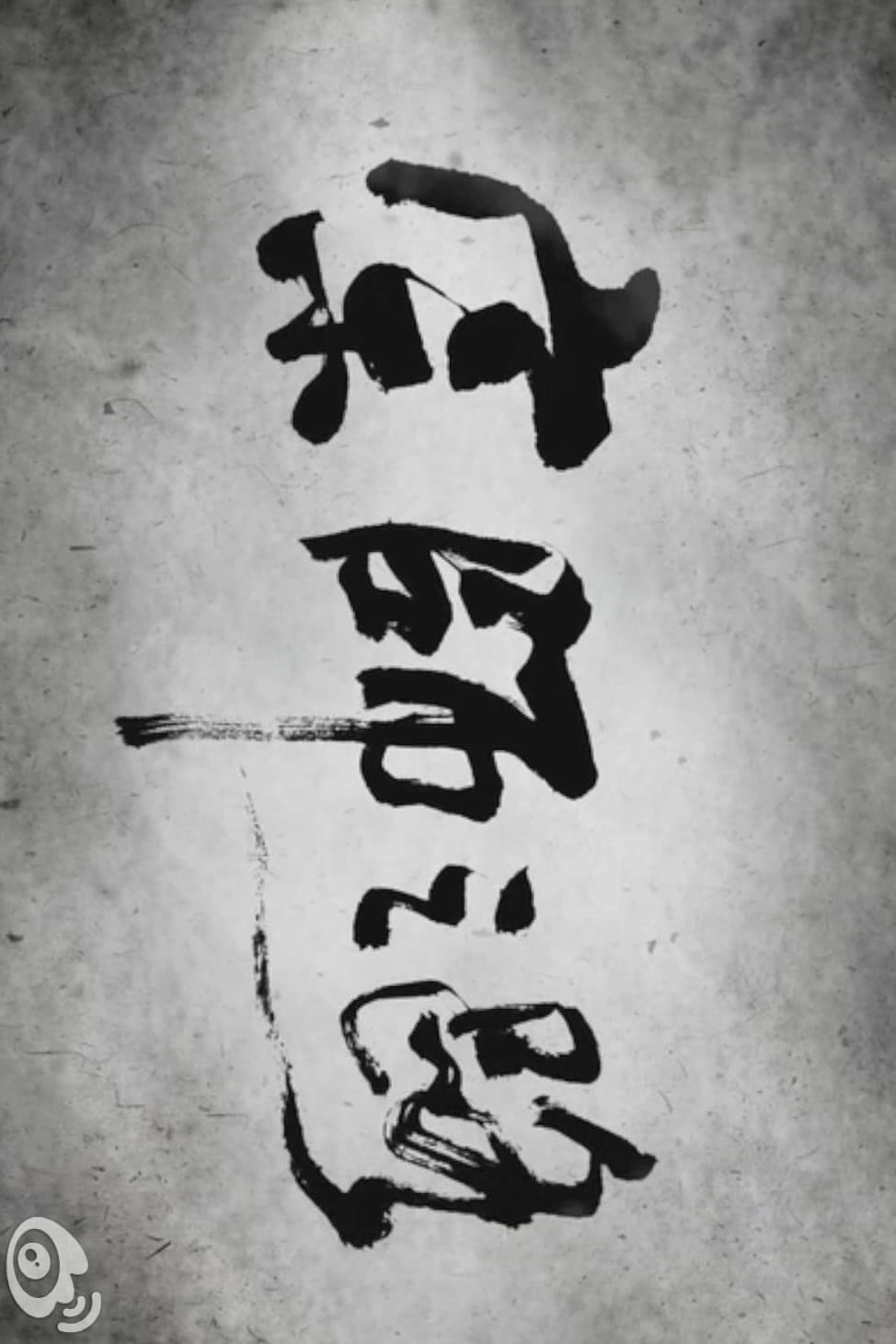
This is not a documentary describing the filming process of "The Grandmaster", but a record of Wong Kar-wai and Chen Xunqi's personal visits to martial artists all over the mainland to collect valuable martial arts information. It is divided into two episodes.

At the 60th anniversary of Cannes Film Festival, 34 famous directors are followed by camera.
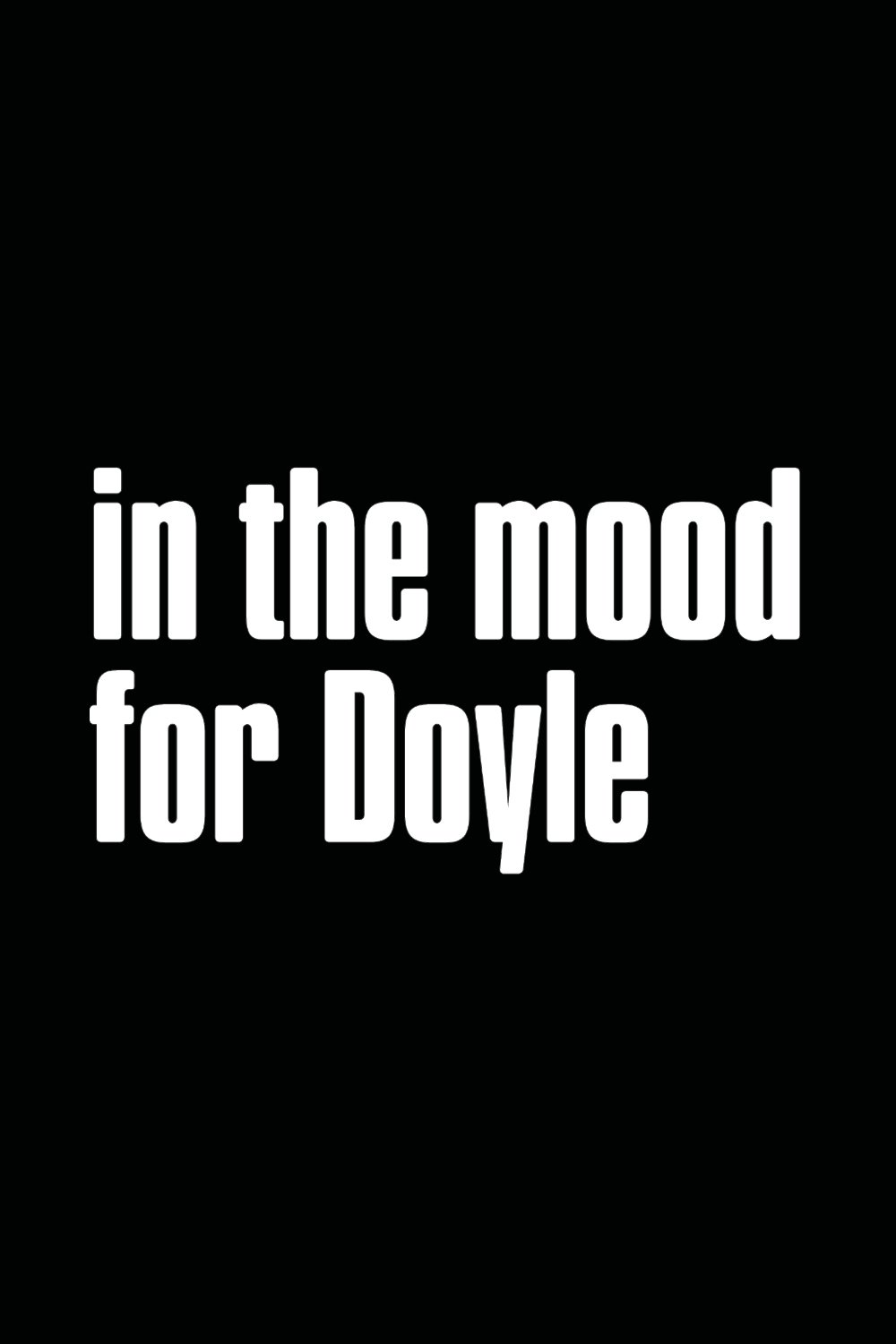
Christopher Doyle is one of the best known and most acclaimed directors of photography in world cinema. Born in Australia, he sees himself as an Asian citizen rather than a Westerner. His artistic contribution to the films of Wong Kar-wai, Zhang Jimou and Fruit Chan films, among others, is indisputable. Filmed in DV and Super8, this documentary is a kind of wild and stylized road movie -- from Bangkok to Hong Kong, via New York. The camera follows this eccentric and outrageous artist as he gives us his thoughts on his past and present work. From the recent sets of Invisible Waves by Thailand's Pen ek Ratanaruang, and M. Night Shyamalan's Lady in the Water, to the locations in Hong Kong where he shot some of his most famous pictures, such as In The Mood for Love and Dumplings, Chris Doyle talks about his cinematic fascination for Asian culture.
A documentary about Hong Kong cinema mythology via Julien Carbon and Laurent Courtiaud’s experience as screenwriters in the HK film industry, working for Wong Kar-wai, Tsui Hark, Daniel Lee and Johnnie To
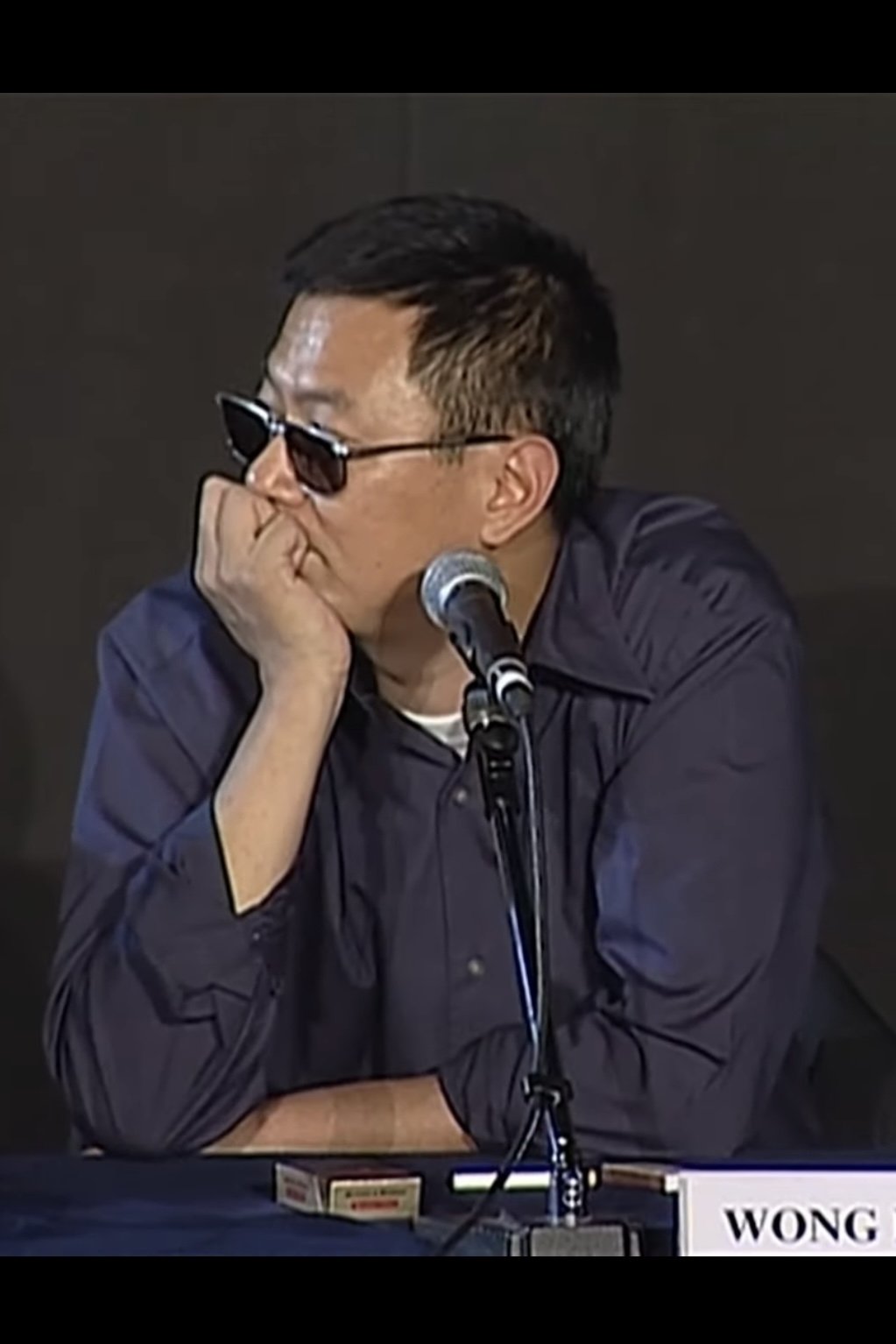
Presented here is a 2001 "cinema lesson" from the Cannes Film Festival, featuring Wong and film theorist and producer Gilles Ciment.
Wong Kar-wai is a Hong Kong Second Wave filmmaker, internationally renowned as an auteur for his visually unique, highly stylized films. Wong's films frequently feature protagonists who yearn for romance in the midst of a knowingly brief life and scenes that can often be described as sketchy, digressive, exhilarating, and containing vivid imagery.
By browsing this website, you accept our cookies policy.